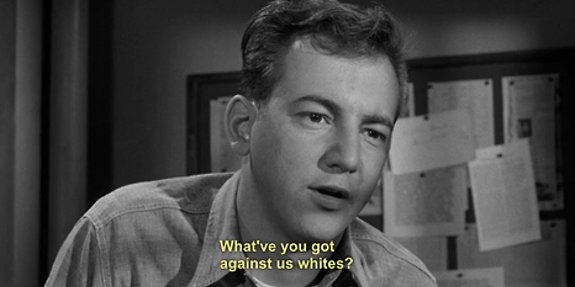‘Africa seems to be in torment’, said a letter to ZAM Chronicle this week. ‘Religious fanatics, mass murder, corruption, hundreds trying to escape and drowning in the Mediterranean. What is one to do?’
At ZAM, our usual response would be to blame the dominant narratives that highlight little but horror in the (still) poorest part of the world. We would feel for those Westerners who, like the letter writer, seem to feel sad, hopeless and powerless; who would like to do something, but what? Send food aid? Adopt African babies? Catch Joseph Kony? The letter writer suggested that ‘we’ might educate religious fundamentalists about evolution and Darwin. Maybe that would stop ‘them’ from attacking shopping malls?
At ZAM, we would try to provide insight in background and causes (we do it again in this issue). We would try to tell the concerned foreigners that Africa is a continent and –really- not their problem to solve. That many Africans are doing very well indeed. That there is also bad stuff in Mexico, Nepal, and Tennessee. We would explain that many refugees who drowned at Lampedusa and Malta were trying to get away from a cruel dictatorship in Eritrea. That, instead of only focusing on fortress Europe and the water that surrounds it, Europe might want to have an informed talk with Eritrean president Isaias Afewerki, the leader who callously remarked that he didn’t mind people escaping his country ‘to go on a picnic’.
We were also going to explain (as we do in the ‘Contrarian’ piece elsewhere in this issue) that it is not religion on its own that breeds terror recruits, but being invaded, chased away, orphaned from your origins, made to feel useless and marginalised. It’s not religion that looks for blame, it is anger. And Western powers are blamed. The Westgate attackers, like practically all those who engage in terror nowadays, hate what they call ‘the West.’
Love and hate
But then we realised that, between Westgate and Lampedusa, the issue is deeper than a stack of reasonable explanations. That it is a matter of love and hate. To the Eritrean migrants, (and to so many other boat people) the West meant hope, freedom and prosperity. ‘Europe or death’ is the battle cry of men in Senegal who train physically on the beaches to prepare for the trip. They love the idea of trying their luck inside the mighty empire, even if it may cost them their lives. To the violent fighters, the West means regime change, invasion, refugee camps, exploitation, marginalisation, corrupt puppet regimes and hypocritical moral lectures. They literally hate the West. The cost of that was many dead men, women and children in a shopping mall.
The love and hate dichotomy also affects the situation in Zimbabwe. Anti-Mugabe activists love the West that supports their NGO’s and media campaigns; Mugabe supporters hate it. In Egypt, those who try to shake off the straitjacket of organised, all-pervading religion are haunted, oppressed and jailed. God-fearing people who feel that the fabric of their society is threatened by atheism blame, no surprise here, the ‘immoral’ West again.
What does one do when one is a citizen of a part of the world that is loved and hated? When one feels undeserving of either that love or hate? Perhaps, rather than try help people one doesn’t know and fix a universe far away, Westerners could ask themselves that question and try to find out what it means to be human with fellow humans in a strange, divided world.


